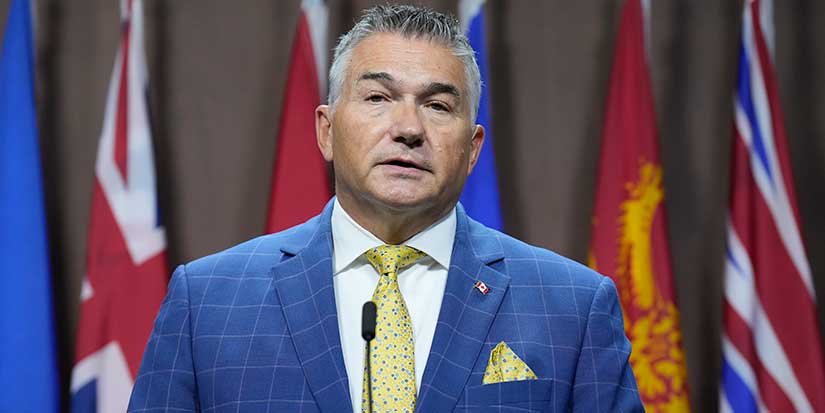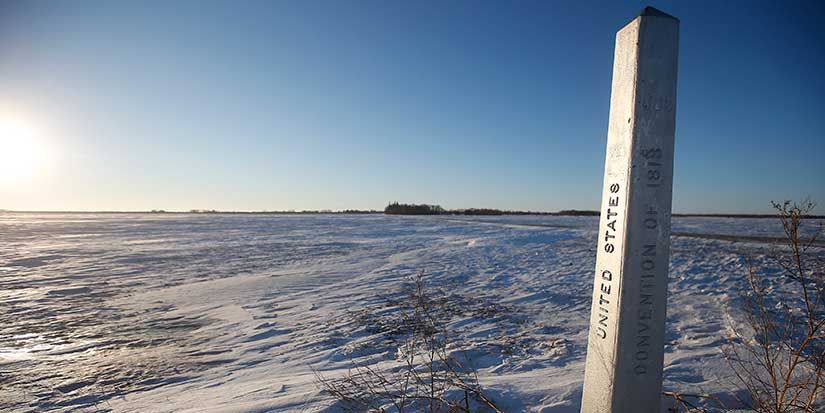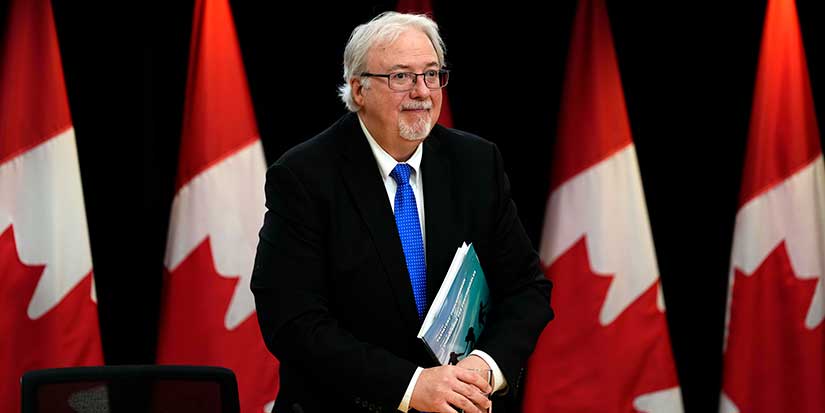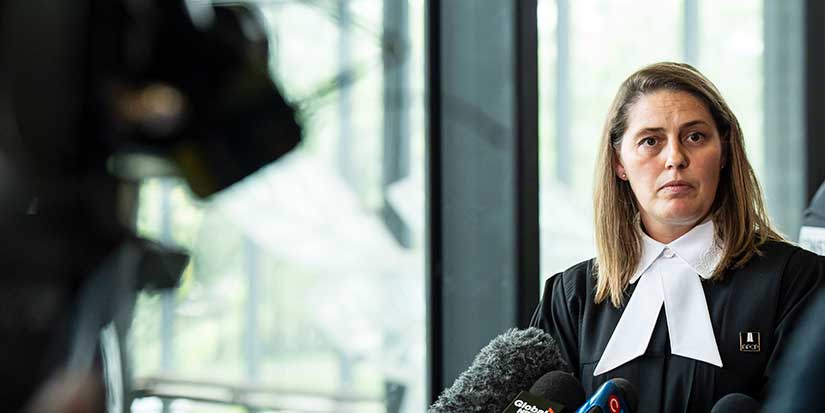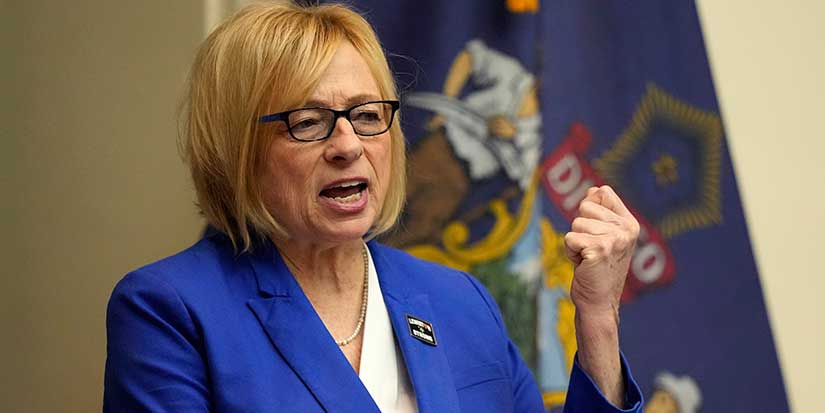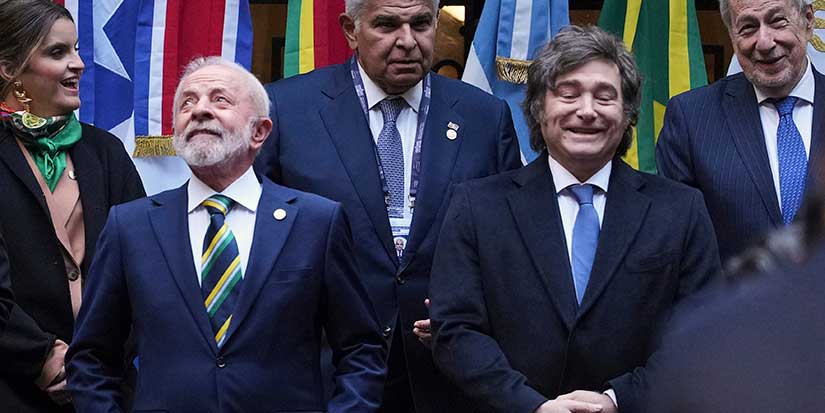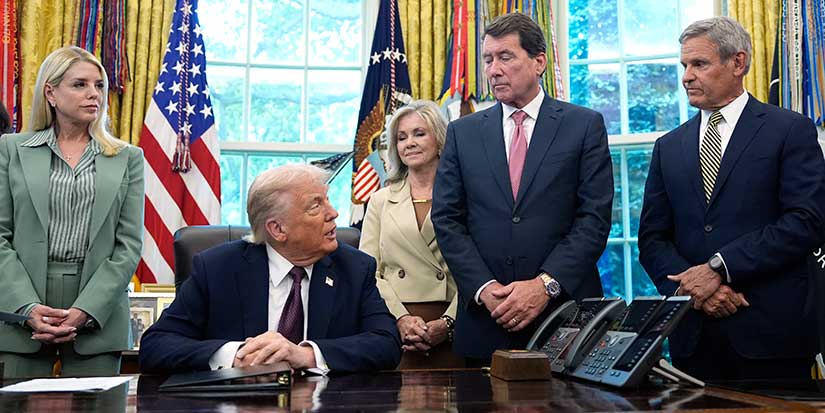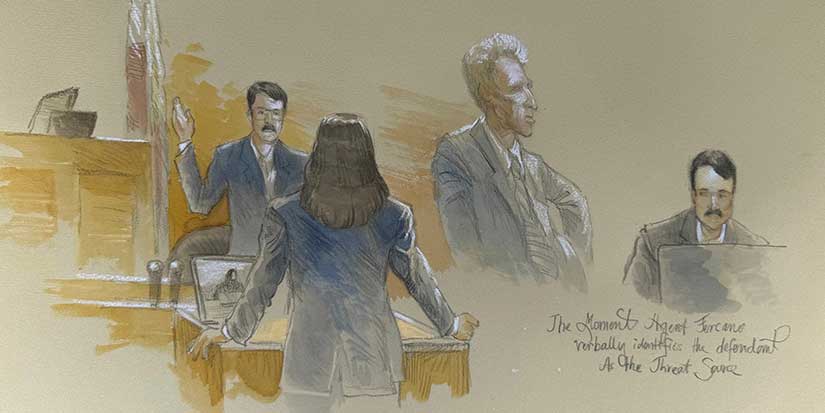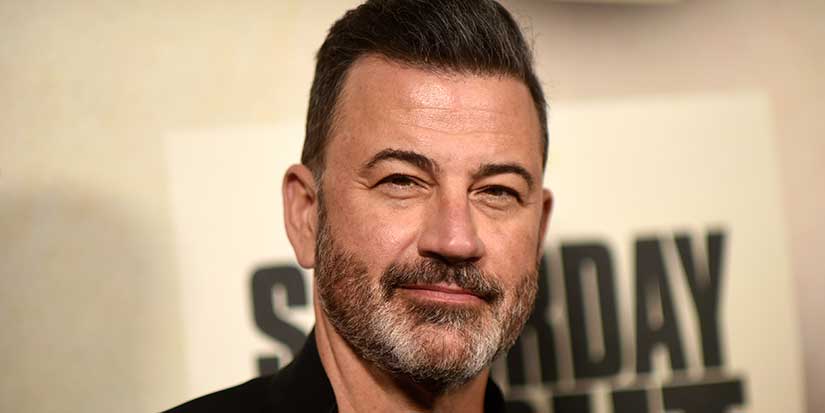Latest News
The musical support behind so many iconic songs

By Jim Gordon and Leeta Liepins
Published 1:52 PST, Fri February 2, 2024
—
In 2008, producer-director, Denny Tedesco, released a documentary called The Wrecking Crew. It told the story of a group of 1960s studio—or session—musicians who contributed to some of the greatest songs of that decade. They worked with Sinatra (Frank and daughter, Nancy), Elvis, The Beach Boys, Sonny & Cher, Glen Campbell, The Mamas and the Papas, The Monkees, Phil Spector, Dean Martin, and many more. For music fans, the film became a classic. But the film was also a loving tribute: Denny Tedesco’s father, Tommy, a guitarist who died in 1997, was part of that amazing group of 1960s musicians.
Jump ahead to the 2023 Whistler Film Festival and producer-director, Denny Tedesco, is back with his latest film, a sequel, called Immediate Family. It is the story of the next generation of session musicians who were part of some of the greatest songs of the 1970’s, 80’s and beyond. They were there, creatively, at the beginning for so many now-legendary singer-songwriters like James Taylor, Carole King and Jackson Browne. They also worked with other legends like Linda Ronstadt, Keith Richards, Don Henley and David Crosby. These studio musicians—Danny Kortchmar, Leland Sklar, Russ Kunkel, and Waddy Wachtel—also grew names for themselves, even touring and recording their own albums.
OCT: Denny for us, this film is a wonderful sequel to The Wrecking Crew. Is that okay to see it that way?
DT: That’s what I’ve been calling it!
OCT: We’re going talk about some of the great songs of the 70s. There is so much fantastic music in this documentary and these session musicians were there at the beginning with so many great artists. What I really found fascinating was singer-songwriter-producer, Peter Asher, was he the first guy to put the names of the musicians on the studio albums?
DT: Kind of. In the movie it says that but in truth, it was Lou Adler. He was the first one to do this and he actually did this with Jan and Dean and the Mamas and Papas. He did do it for a lot of guys but in that genre Peter Asher was one of the first. It made a big difference in everyone’s careers.
OCT: James Taylor says in the movie that he wanted these guys for his songs, that these guys were developing a fan base due to the recognition. That guitar player, that base player, that drummer, he knew their names. To see the names of these musicians on albums and being introduced during concerts was new.
DT: And also, people wanted to know who did James Taylor’s or Carole King’s album. Was it Leland, Russ? Then you say, okay I’ll hire those guys. When you’re going into a project and you like someone else’s project, why not surround yourself with the best.
OCT: Watching the film, it is amazing the thread that runs through The Wrecking Crew members to Immediate Family members, sometimes it’s just a session member contributing one chord or one base note or one drum beat to a song and it becomes an iconic song, even all these years later.
DT: The weird thing is, these guys were just recording these songs and these songs were not hits and then it wasn’t until later they became hits. Some of those signature guitar “licks”, like Danny Kortchmar’s solo in, It’s Too Late by Carole King, I can’t tell you the lyrics, but I can identify that solo.
OCT: So true, which reminds me, what was that famous musical instrument solo in a song that almost didn’t happen the way we know it now? It started with one of the musicians saying, the song can’t have a horn solo there. It’s got to be a guitar solo and it’s got to be me.
DT: That was the song, Oh, Sherrie by Steve Perry. These session guys are called in and the producers know what they want from them. Waddy Watchtel, one of the great 8-note guitar players around, comes in to the studio, does his part for that song and they say great, thanks Waddy, take care. And Waddy says, what do you mean take care, where is the solo part? They told him they were going to put a sax solo there and he said no “bleeping” way. He knew, he could hear it in his head. (Side note, if you are old enough to remember that massive hit which was released 40 years ago this spring, listen to it again and try to imagine a sax solo where that iconic guitar solo comes in. Waddy was 100 per cent right)
OCT: I love the attitude these guys had. They accepted that the other person is the singer-songwriter and the star and that they will get the final say on whatever you do. But they often say, let me add this or let me add that.
DT: My dad, Tommy Tedesco, used to say he would play for smiles. If they didn’t like it, he’d change it until they smiled. It might not be what I think is right but I’m there because he’s paid me and that’s what he wants. Leyland Sklar says everything I play is moulded in mud and it’s flexible.
OCT: Be sure to check out 2008’s The Wrecking Crew—we call it a love letter to Denny Tedesco’s musician father—as well as the newest documentary, Immediate Family, a sequel to The Wrecking Crew.
For the full interview video go to richmondsentinel.ca/videos
dennytedescotour.com















